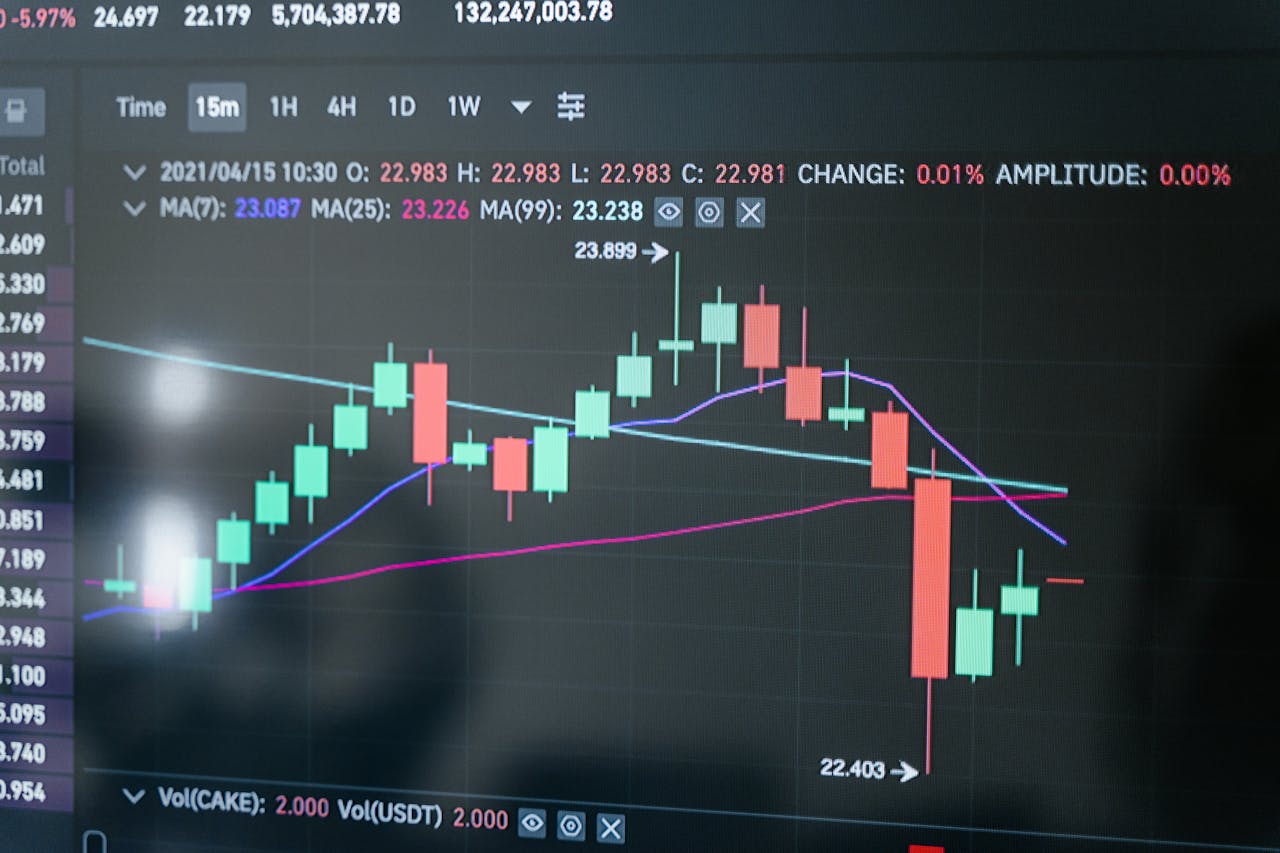The World Economic Forum has officially unveiled its CBDC Policy-Maker Toolkit to provide high-level guidance and information for the deployment of central bank digital currencies (CBDCs).
The toolkit has been launched to help central bank policy-makers “evaluate whether CBDC is the right fit for their economy and guide them through the evaluation, design and deployment process.”
Noting the growing interest in CBDCs by central bank policy-makers, the WEF said that the majority of related research and experimentation is largely being done independently.
Over the past year, the Forum’s Blockchain and Distributed Ledger Technology team gathered lessons from current research and pilot projects and insights from central bank researchers, global policy-makers, international organizations and experts from over 40 institutions, as well as blockchain and academic experts worldwide.
The objective was to create a possible framework that will help ensure that “any CBDC deployment fully considers the costs as well as the potential benefits, appraising a multitude of risks and evaluating deployment and governance strategies, alternative solutions and other salient factors.”
“We worked with almost a dozen central banks as well as prominent economists and financial industry leaders to create a common approach for evaluating and designing CBDC around the world,” said Ashley Lannquist, Project Lead, at the World Economic Forum. “The toolkit is the first of its kind to provide a concise summary of the key issues for policy-makers considering general-purpose or wholesale CBDC.”
The toolkit will help accelerate the critical and rigorous analysis of CBDC and lay the common groundwork for central banks to support stable, efficient and inclusive global systems that might include CBDC.
It will provide guidance on retail, wholesale, cross‑border and private-sector issued “hybrid CBDC” as well as for large, small, emerging and developed countries. The toolkit will guide users through the CBDC evaluation process, with descriptions for each stage of the process. Each section has worksheets and information guides with research references, which will serve as process checks and references to the decision‑making process.
The toolkit will also help evaluate the role of distributed ledger technology within CBDC implementation and highlight important governance, user-data privacy, financial inclusion and security issues.
Rasheed al Maraj, Governor, Central Bank of Bahrain, announced that they will pilot the toolkit, hoping that “it will be an opportunity to learn, grow and to adapt to the changes in the Fourth Industrial Revolution.”
Dr. Veerathai Santiprabhob, Governor, Bank of Thailand, said that the BoT has made good progress on its wholesale CBDC project, called Project Inthanon.
“From our experience, we need to identify tradeoffs between benefits from the use cases and their associated risks across different dimensions. This is where the Policymaker Toolkit could usefully provide an actionable framework for CBDC deployment,” he added.

























Comment 1